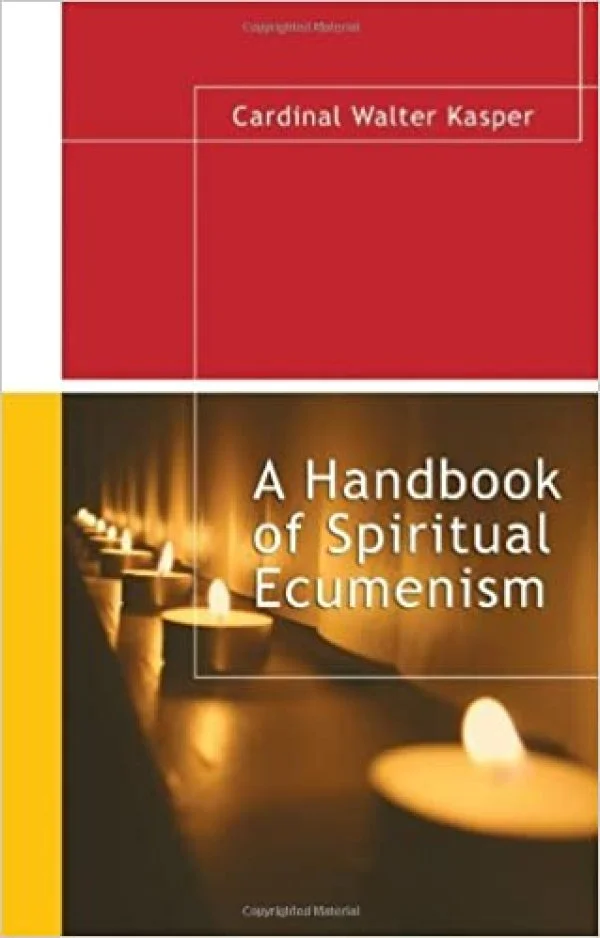- Français
- |
- Booklist
- |
- Week of Prayer
- |
- Links
- Areopagus - a forum for dialogue
- Academic journals
- Acronyms
- Bible tools
- Bibliographies
- Booksellers and publishers
- Churches
- Canadian church headquarters
- Directory of Saskatchewan churches
- Retreat centres
- Saskatchewan church and non-profit agencies
- Ecumenism.net Denominational links
- Anabaptist & Mennonite
- Anglican
- Baptist
- Evangelical
- Independent episcopal
- Lutheran
- Methodist, Wesleyan, and Holiness
- Miscellaneous
- Mormon
- Orthodox (Eastern & Oriental)
- Para-church ministries
- Pentecostal / charismatic
- Presbyterian & Reformed
- Quaker (Society of Friends)
- Roman & Eastern Catholic
- United and uniting
- Documents of Ecumenical Interest
- Ecumenical agencies
- Ecumenical Booklist
- Ecumenical Dialogues
- Glossary
- Human rights
- Inter-religious links
- Justice & peace
- Lectionaries
- Religious news services
- Resource pages
- Search Ecumenism.Net
- |
- Documents
- Ancient & Medieval texts
- Ecumenical Dialogues
- Interreligious
- Anabaptist & Mennonite
- Anglican
- Evangelical
- Lutheran
- Orthodox
- Reformed & Presbyterian
- Roman & Eastern Catholic
- United & Uniting
- Miscellaneous churches
- Canadian Council of Churches (CCC)
- Conference of European Churches (CEC)
- Interchurch Families International Network (IFIN)
- National Council of Churches in Australia (NCCA)
- Lausanne Committee for World Evangelism (LCWE)
- World Council of Churches (WCC)
- Other ecumenical documents
Church traditions
Documents from ecumenical agencies
- |
- Dialogues
- Adventist-Reformed
- African Instituted Churches-Reformed
- Anglican-Lutheran
- Anglican-Orthodox
- Anglican-Reformed
- Anglican-Roman Catholic
- Anglican-United/Uniting
- Baptist-Reformed
- Disciples of Christ-Reformed
- Disciples of Christ-Roman Catholic
- Evangelical-Roman Catholic
- Lutheran-Mennonite
- Lutheran-Mennonite-Roman Catholic
- Lutheran-Reformed
- Lutheran-Roman Catholic
- Mennonite-Reformed
- Mennonite-Roman Catholic
- Methodist-Reformed
- Methodist-Roman Catholic
- Oriental Orthodox-Reformed
- Orthodox-Reformed
- Orthodox-Roman Catholic
- Pentecostal-Reformed
- Prague Consultations
- REC-WARC Consultations
- Roman Catholic-Lutheran-Reformed
- Roman Catholic-Reformed
- Roman Catholic-United Church of Canada
- |
- Quick links
- Canadian Centre for Ecumenism
- Canadian Council of Churches
- Ecumenical Shared Ministries
- Ecumenism in Canada
- Interchurch Families International Network
- International Anglican-Roman Catholic Commission for Unity and Mission
- Kairos: Canadian Ecumenical Justice Initiatives
- North American Academy of Ecumenists
- Prairie Centre for Ecumenism
- Réseau œcuménique justice et paix
- Week of Prayer for Christian Unity
- Women's Interchurch Council of Canada
- World Council of Churches
- |
- Archives
- |
- About us
Spiritual Ecumenism: a new contribution
— Mar. 23, 200723 mars 2007Cardinal Walter Kasper, head of the Vatican office responsible for promoting Christian unity, recently published a 96-page booklet entitled A Handbook of Spiritual Ecumenism (abbreviated hereafter as HSE). This is a welcome work for both Catholics and fellow-Christians of other church traditions.
Right from the start of the 20th Century movement aimed at overcoming divisions among Christians, “spiritual ecumenism” received pride of place among the means to achieve this goal, by God’s grace. Vatican II, in the mid-sixties, thought it useful to articulate a definition: “This change of heart and holiness of life, along with public and private prayer for the unity of Christians, should be regarded as the soul of the whole ecumenical movement, and merits the name, “spiritual ecumenism.” (Vatican II, Decree on Ecumenism, n. 8a). This definition holds together three elements: change of heart (or conversion), holiness of life, and prayer for unity. A footnote in the English edition of the Decree indicates how the expression “spiritual ecumenism” is “new to Anglo-Saxon tradition, but has been a favorite among French ecumenists, especially the pioneer, abbé Paul Couturier.”
It is thus a goal as lofty as it it necessary that cardinal Kasper set for himself in writing HSE: to explain to the Christian faithful the foundations, principles, and exercise of spiritual ecumenism, in the light of Roman Catholic understanding. The goal is plainly stated in the opening words of the Preface: “This booklet offers practical suggestions aimed at implementing and strengthening that spiritual ecumenism which is the heart of all efforts to bring divided Christians together again in unity.” (n. 1)
The normative Roman Catholic documents on which HSE is based are listed (n. 2a), followed by a further refining of the booklet’s purpose: “Applying the teaching, guidelines and norms of these documents to the domain of spiritual ecumenism is the central purpose of this text.” (n. 2b)
The document is primarily intended for Catholics, and also, particularly, for those in the Church who are responsible for providing leadership in the promotion of Christian reconciliation and unity “at various levels of Church life.” A cordial invitation is extended “to Christians of other traditions, encouraging them to join with their Catholic brothers and sisters in the prayer and spiritual activities recommended in this document, insofar as these are in keeping with their own practice.” A principle of all genuine spiritual ecumenism is then formulated: “Each time we engage in common prayer, each act of common witness, indeed every act of spiritual communion is a gift of the Holy Spirit who binds us together and enables us to give visible expression to our Lord’s desire for unity.” (3b)
The HSE is laid out in three chapters: 1. Deepening Christian Faith; 2. Prayer and Worship; 3. “Diakonia” and Witness. I shall endeavour, in future instalments on this blog, to offer some analysis of, and comment on, the HSE text. Your own comments in response are most welcome.
The HSP booklet is available, in English and French, from the Canadian Conference of Catholic Bishops (CCCB) through CCCB Publications. It can be ordered on-line at www.cccbpublications.ca.

 Permanent link: ecumenism.net/?p=3105
Permanent link: ecumenism.net/?p=3105
Categories: Reconciliation & unity • In this article: Bernard de Margerie, books, spiritual ecumenism, Walter Kasper

 Lien permanente : ecumenism.net/?p=3105
Lien permanente : ecumenism.net/?p=3105
Catégorie : Reconciliation & unity • Dans cet article : Bernard de Margerie, books, spiritual ecumenism, Walter Kasper




